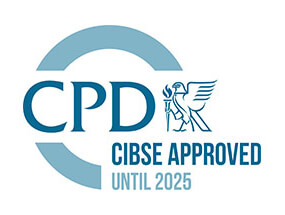With effect from 1 March 2021, HMRC introduced in the UK the new domestic reverse charge VAT legislation and changed in the way Construction Industry Scheme (CIS) registered construction businesses handle and pay VAT.
The domestic reverse charge VAT legislation is specifically aimed at countering sophisticated criminal attacks on the UK VAT system. The purpose of which is to cut down on “missing trader” fraud, where companies receive high net amounts of VAT from their customers but then do not pay over this VAT to HMRC.
It will impact all VAT registered construction businesses who supply or receive construction and building services that are reported under the Construction Industry Scheme (CIS), which are principally building works performed and goods supplied along with the provision of these services.
It means the customer (contractor) will be responsible for the VAT due to HMRC instead of the supplier (subcontractor) on goods and services which come under this scheme. If
- the customer is not registered for VAT or
- the customer is not registered for CIS or
- the customer notifies the supplier that they are an end user,
the supply is not subject to the VAT Domestic Reverse Charge and normal VAT accounting rules apply.
HMRC have published a guidance document ‘VAT: Domestic Reverse Charge for Building and Construction services’, which is available on the gov.uk website:
https://www.gov.uk/guidance/vat-domestic-reverse-charge-for-building-and-construction-services







